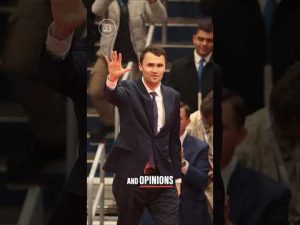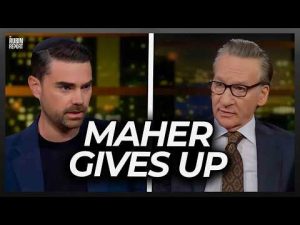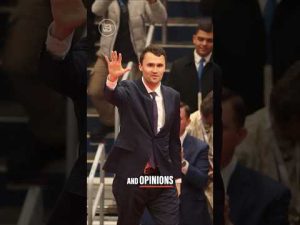In a recent discussion about bolstering U.S. military action against drug cartels in Venezuela, President Trump has hinted at a possible escalation. Speaking to reporters over the weekend, he didn’t rule out using military force on the mainland of Venezuela. The primary focus? To tackle the rising tide of fentanyl and other illegal drugs flooding into the United States. This approach is part of a broader strategy to safeguard national security and combat the drug crisis that has increasingly come to the forefront of American concerns.
During an enlightening interview with Doctor Sebastian Gorka, the top counterterrorism adviser for the White House National Security Council, it was made clear that the Trump administration is gearing up to intensify its efforts against terrorists and drug cartels alike. Gorka explained that the president has given the green light to get back to what he calls “the business of killing jihadis.” However, in a twist that might surprise some, the Trump team is extending their counterterrorism focus to include drug trafficking organizations. The recent airstrike on September 2, which resulted in the deaths of eleven individuals operating a vessel in international waters off Venezuela’s coast, brings this new strategy to life.
While some critics question the legality of such military action, claiming the president may be stepping over legal boundaries, Gorka asserted that the actions were backed by what he characterized as “exquisite intelligence.” The administration’s justification for this strike hinged on the notion of “exigent circumstances,” combined with a declared emergency concerning U.S. national security threats stemming from territorial issues. For supporters of this action, it’s a straightforward response to an escalating problem. However, critics are left scratching their heads over exactly what legal authority the president relied upon.
As the discussion progressed, the term “war” surfaced, which adds an extra layer to this already intense topic. Gorka emphasized that the conflict with the cartels is not just a skirmish but a full-fledged war. With cartels like Tren de Aragua, reportedly linked to Venezuela’s controversial leader Nicolás Maduro, the stakes couldn’t be higher. If low-level drug runners can be viewed as legitimate military targets, shouldn’t the man orchestrating their operations, Maduro, face similar scrutiny? Legally, the answer is no. The current U.S. laws prohibit targeting heads of state for lethal action, which adds a complex twist to the epic narrative of international drug combat.
In the bigger picture, this move indicates the Trump administration’s willingness to take bold actions to mitigate domestic threats. According to Gorka, since January 20, the administration has eliminated nearly 150 jihadis and continues to take domestic terrorism threats very seriously. The airstrike and potential military escalation signal a more aggressive stance as the United States grapples with the profound implications of drug trafficking and its ties to terrorism in a global context. With looming challenges both at home and abroad, the focus on securing America and her citizens remains a top priority, and it appears the administration is ready to take decisive action.
In conclusion, this ongoing situation highlights the complexities of U.S. foreign policy and national security, particularly concerning the drug crisis. Whether the strategies deployed will yield the intended results remains to be seen. However, one thing is clear: the Trump administration is not taking the threat of drug cartels lightly and is prepared to engage in bold measures to protect the American people. As the dust settles, one can only hope that these moves will bring about a safer and more secure future for all.







